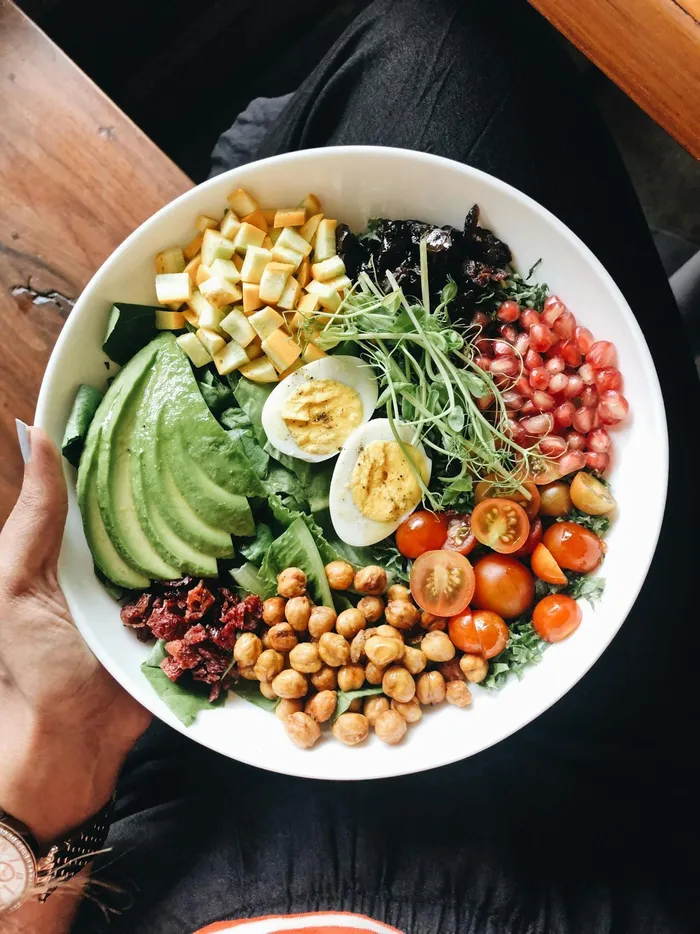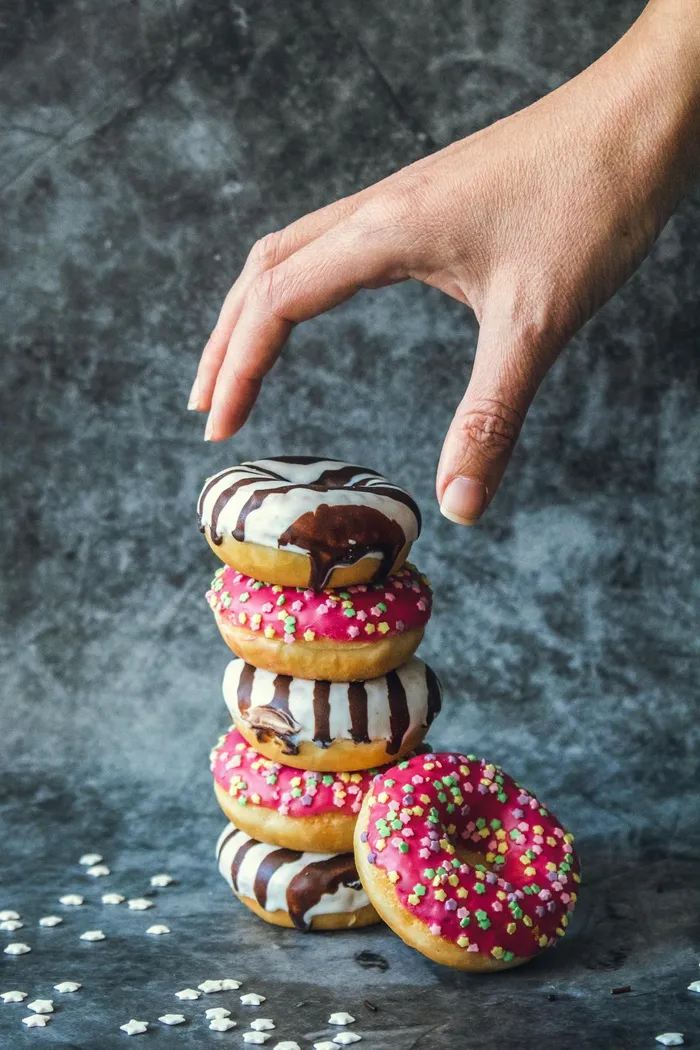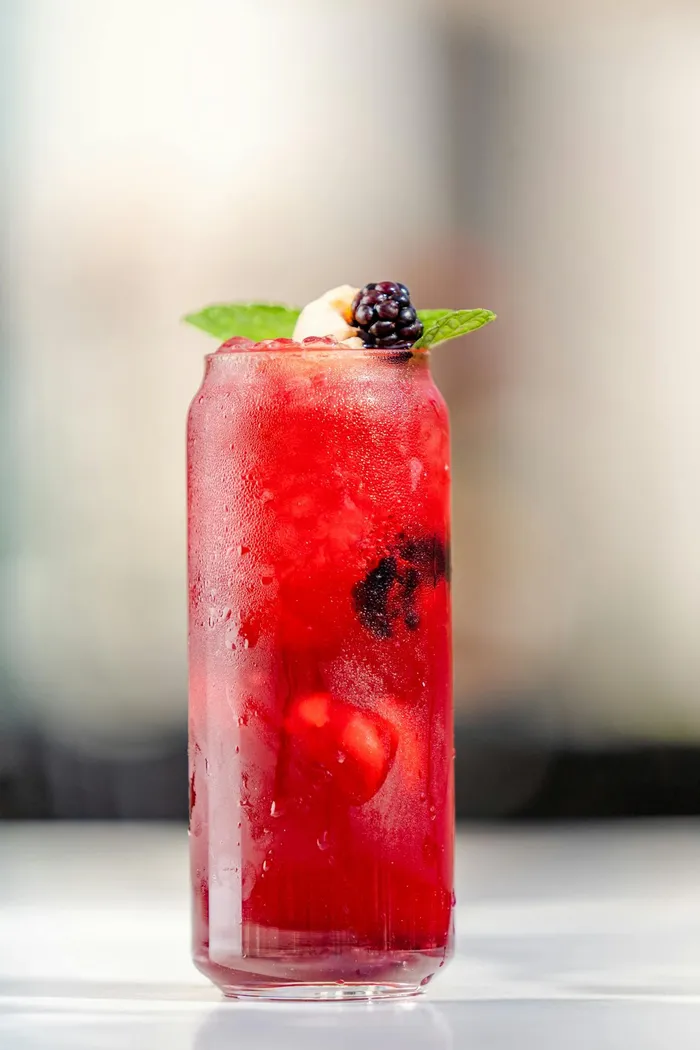
Your bones are steadfast companions, bearing the weight of daily life without fuss or accolades. The least we can do is nourish them wisely.
Image: Akshata Bablad//Pexels
We don’t think about our bones until something goes wrong, a fracture after a simple fall, an ache in the back that won’t go away, or the quiet diagnosis of osteoporosis.
Yet bones are the silent stage crew of our bodies. They hold us upright, shield our organs and even act as storage banks for minerals we need in emergencies.
And while they’re designed to last, bones are surprisingly vulnerable to what we put on our plates every single day.
The truth? It’s rarely one burger or one fizzy drink that does the damage.
It’s the slow build-up of everyday habits, the extra shake of salt, the sweetened coffee, the late-night soda that quietly erodes bone strength over time.
So let’s break down the everyday foods and drinks that can weaken bones, and the small, practical swaps that protect them.
Salt: The hidden thief of calcium
Salt is the ingredient that makes fries sing and soup feel complete. But here’s the twist: too much sodium forces your body to flush out calcium through urine.
When calcium leaves, bones get robbed of their reserves. Over time, this increases the risk of bone thinning and fractures.
Salt doesn’t just sit in the shaker. It’s in bread, instant noodles, sauces, chips and even so-called “healthy” snacks.
The World Health Organisation (WHO) recommends keeping sodium below 2,000mg a day (about a teaspoon of salt).
Smart swap: Use herbs, spices, lemon juice or lightly salted roasted nuts for flavour. Your taste buds adjust quickly, and your bones will thank you.

High sugar consumption can obstruct calcium absorption, trigger inflammation, and hinder the functionality of bone-building cells.
Image: Tijana Drndarski/Pexels
Sugar: The quiet saboteur
We think of sugar as bad for teeth or weight, but bones feel it too. High sugar intake blocks calcium absorption, fuels inflammation, and makes it harder for bone-building cells to do their job.
A 2021 study in the Nutrition Journal linked high added sugar consumption to lower bone density in adults.
And sugar isn’t just in dessert, it hides in cereals, sauces, energy bars and “healthy” drinks.
Smart swap: Choose naturally sweet foods like fruit, dates or even jaggery. They bring vitamins, fibre and minerals along with the sweetness.

A 2021 study in the Nutrition Journal linked high added sugar consumption to lower bone density in adults.
Image: Denys Gromov/Pexels
Soft drinks: A fizzy double blow
That refreshing fizz comes with a hidden cost. Many colas contain phosphoric acid, which disrupts the calcium-phosphorus balance in the body.
Add a heavy dose of sugar, and it’s a double act against bone health.
Studies have linked frequent soda consumption with higher risks of osteoporosis and fractures, especially in women.
Smart swap: Try sparkling water with citrus slices, chilled homemade iced tea or a lemon spritzer. You’ll keep the bubbles without draining your bones.

Moderate coffee (2-3 cups a day) is generally safe if your diet includes enough calcium. The bigger concern is that energy drinks are often loaded with both sugar and caffeine, delivering a double hit to bone strength.
Image: Chevanon Photography/Pexels
Caffeine: Comfort with conditions
Coffee and tea are daily comforts, but high doses of caffeine can speed up calcium loss in urine.
The good news? Moderate coffee (2-3 cups a day) is generally safe if your diet includes enough calcium.
The bigger concern is that energy drinks are often loaded with both sugar and caffeine, delivering a double hit to bone strength.
Smart swap: Add milk to your coffee or pair it with a calcium-rich snack like yoghurt. And pace your caffeine intake through the day instead of gulping it all at once.

Alcohol interferes with vitamin D, which is essential for absorbing calcium.
Image: Charlotte May/Pexels
Alcohol: The slow disruptor
Alcohol interferes with vitamin D, the key that unlocks calcium absorption.
Even if you’re eating dairy, leafy greens or fortified foods, without enough vitamin D, your bones can’t use the calcium properly.
Long-term heavy drinking also slows down the cells responsible for bone repair.
According to the National Institute on Alcohol Abuse and Alcoholism (NIAAA), chronic alcohol use is a risk factor for osteoporosis.
Smart swap: Keep it light. Pair alcohol with bone-friendly foods like cheese, nuts or yoghurt to buffer the impact.
Globally, osteoporosis affects over 200 million people, and women are at particular risk after menopause due to falling estrogen levels.
In South Africa, studies suggest one in three women and one in five men over 50 will experience an osteoporosis-related fracture in their lifetime.
The takeaway isn’t to live a life without salt, sugar, coffee or the occasional drink. It’s about balance, understanding how small daily choices add up.
Here’s a quick bone-friendly checklist:
Your bones are quietly loyal, carrying you through every day without applause.
The least we can do is feed them well. Strong bones aren’t built in the gym alone. They’re built, bite by bite, at the table.